Podcast Ep.5 Heads In The Clouds
Our smart phones would be pretty dumb without cloud connectivity. Just how clean and green is this 'cloud' that powers our digital lives?
Global heating reflects atmospheric CO2 concentration rather than our rate of CO2 emissions. Net Zero emissions targets won't reduce CO2 in the atmosphere. Do our historically high atmospheric CO2 levels ensure further global heating and rising sea levels are ''Baked-In'' for decades to come?
In my Greetings post I indicated that I would attempt to cut through what I perceive as clouds of bulldust concerning the climate and particularly the policies to abate global emissions that purport to limit global temperature rises and the worst effects of climate change.
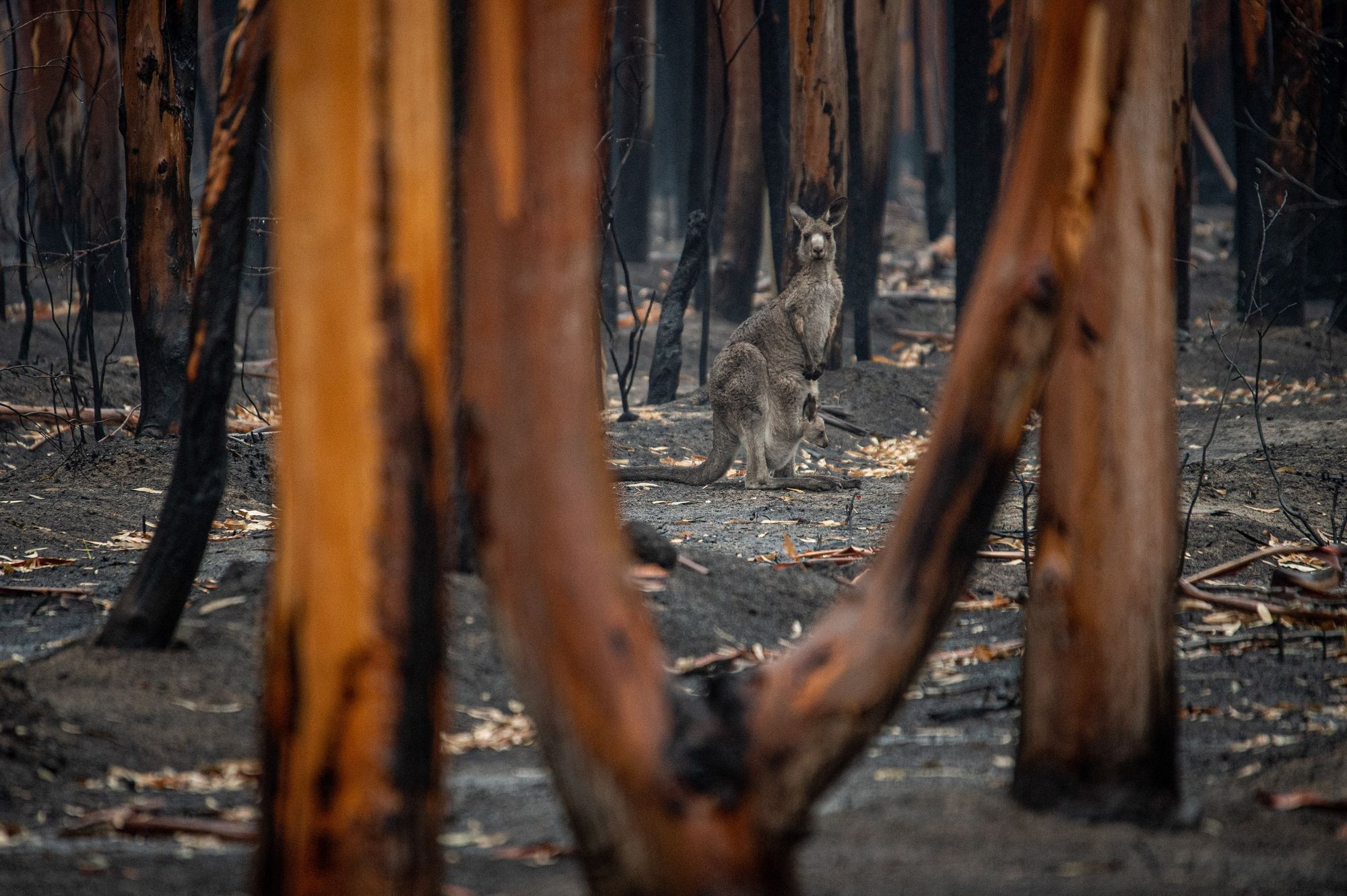
I use the word bulldust, not only because it is politer than the obvious alternative, but because the conceptual framework underpinning current climate policy discussions, centred primarily on when countries might achieve 'net-zero' CO2 emissions, is plain and simply... WRONG. Well, at least focusing on the wrong outcome.
Whether or not your country (or mine) or all countries aim at a net-zero emissions target by 2050, 2040 or even 2022, such policies miss the fundamental point that global heating is caused by atmospheric CO2 concentration - that is, the amount of CO2 in the atmosphere - NOT the rate of emissions of CO2 into the atmosphere. Policies only aiming at stopping more CO2 entering the atmosphere (which is what net-zero promises) do NOTHING about the excessive amounts of CO2 ALREADY in the atmosphere. As I explain below, this means ongoing global heating, well beyond desirable human habitation requirements for large parts of the planet, is already BAKED-IN for, as a minimum, for several decades to come.
The atmospheric CO2 chart below shows current CO2 levels are roughly 50% higher than pre-industrial levels. A wildly optimistic outcome from net-zero policy approaches to CO2 emissions would see CO2 levels level off in 2-3 decades time to not much below DOUBLE pre-industrial levels (assuming a whole swathe of positive feedbacks pushing even more CO2 up there don't worsen things).
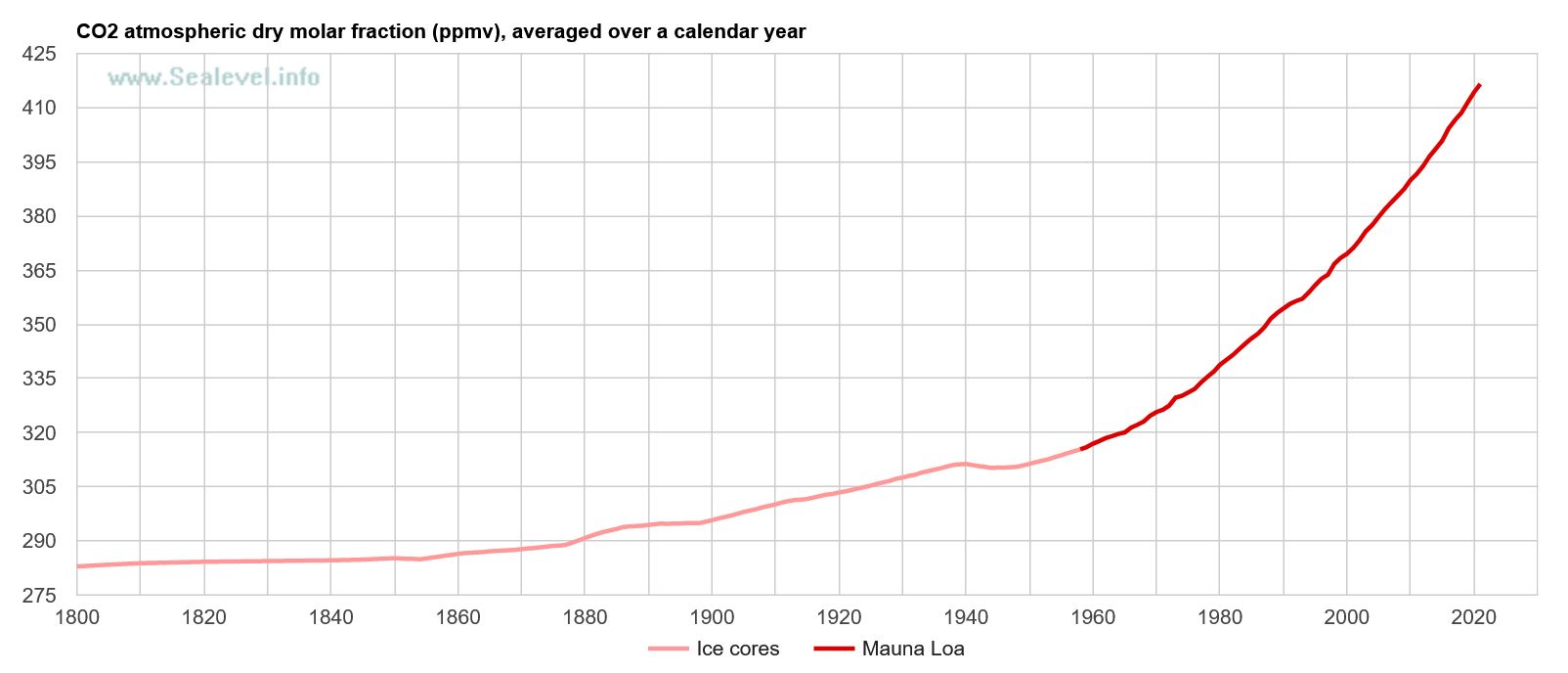
However, as this second chart below illustrates, global heating kicked off in a serious way from about 1980, when CO2 levels were 'only' 20% higher than pre-industrial levels.
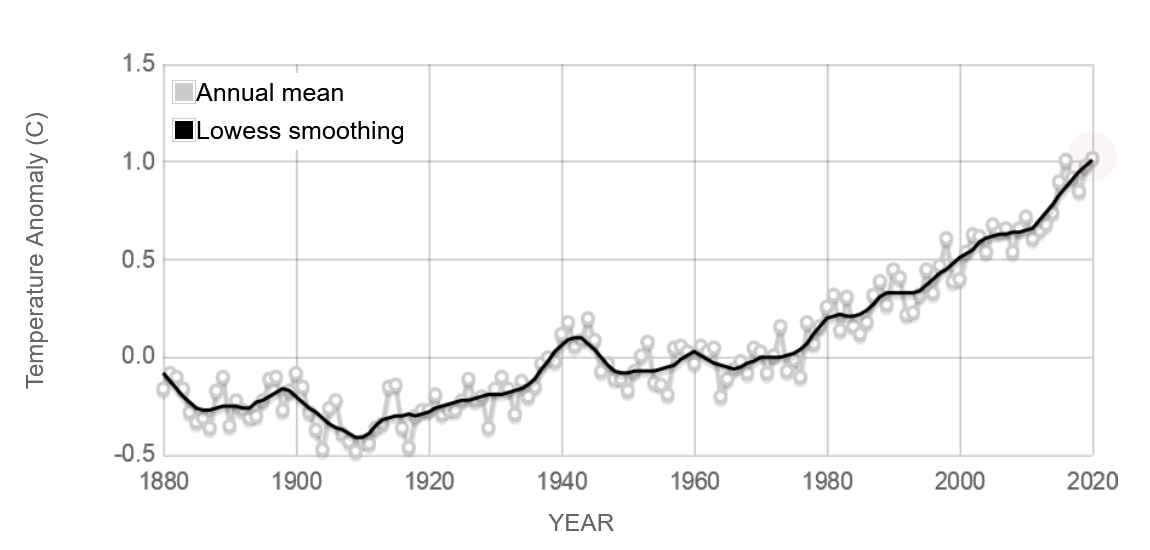
As illustrated by the figure below by the climate action tracker consortium, there is no serious policy discussion about a planned transition to the required carbon absorbing rather than carbon emitting (or net-zero) world economy anytime soon. That is, there is no prospect of atmospheric CO2 levelling off and ultimately being reduced to a stable, livable, albeit higher than now, level of global heating for many people already living in too-hot climates or locations challenged by declining rainfall/food production, rising sea levels/flood risks and other forms of climate related mischief.
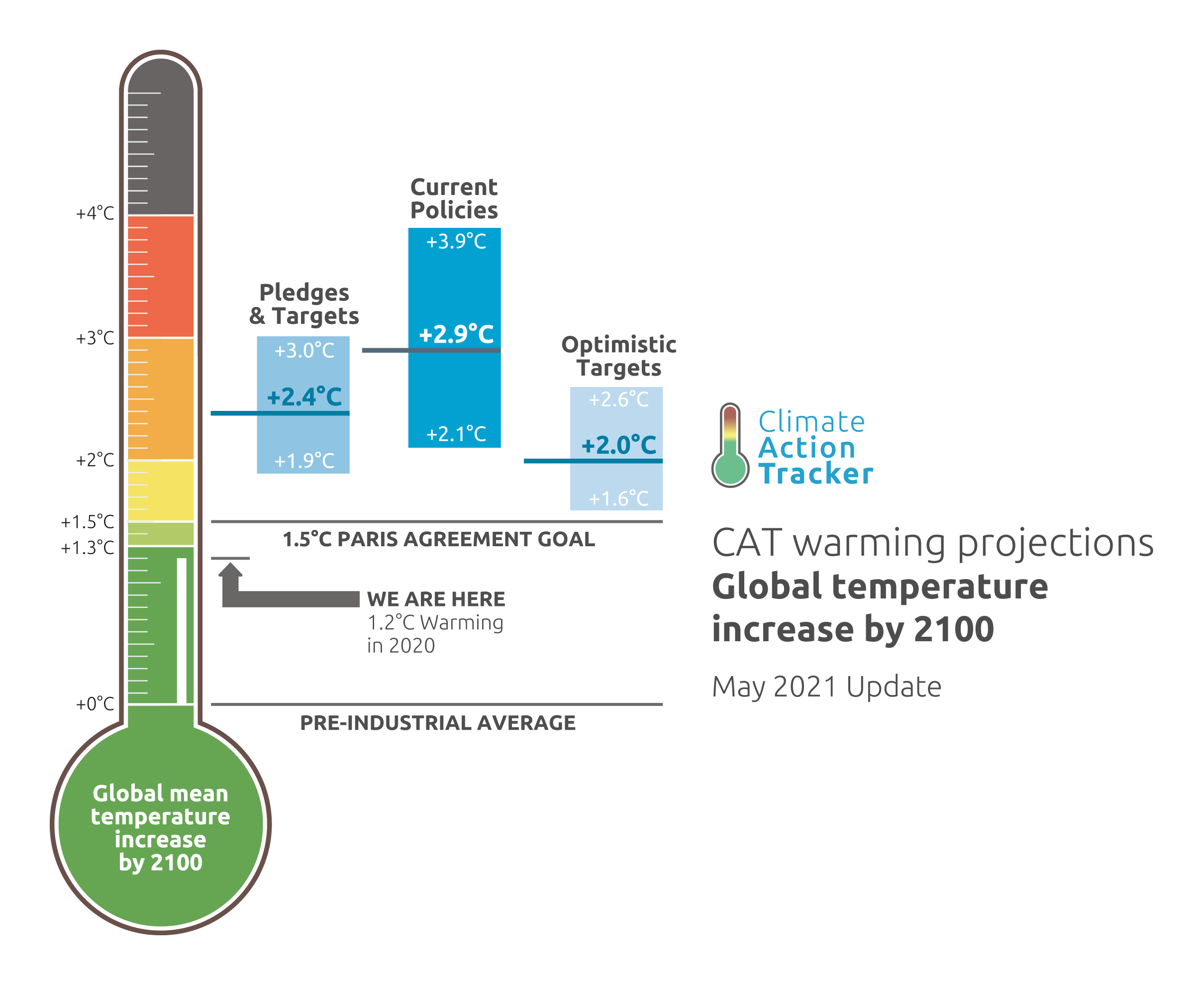
Some of these consequences of the baked-in global heating scenario, will be topics of further posts. Suffice to say, significant challenges to think about and plan for, where ever you live. It is hard to find/identify realistic discussions about the baked-in climate risks we face amongst the clouds of net-zero bulldust. When all else fails a short contemplation of the Arctic Death Spiral, with it's Zen inducing spirals of declining Arctic sea ice truth is something I find quite centering....
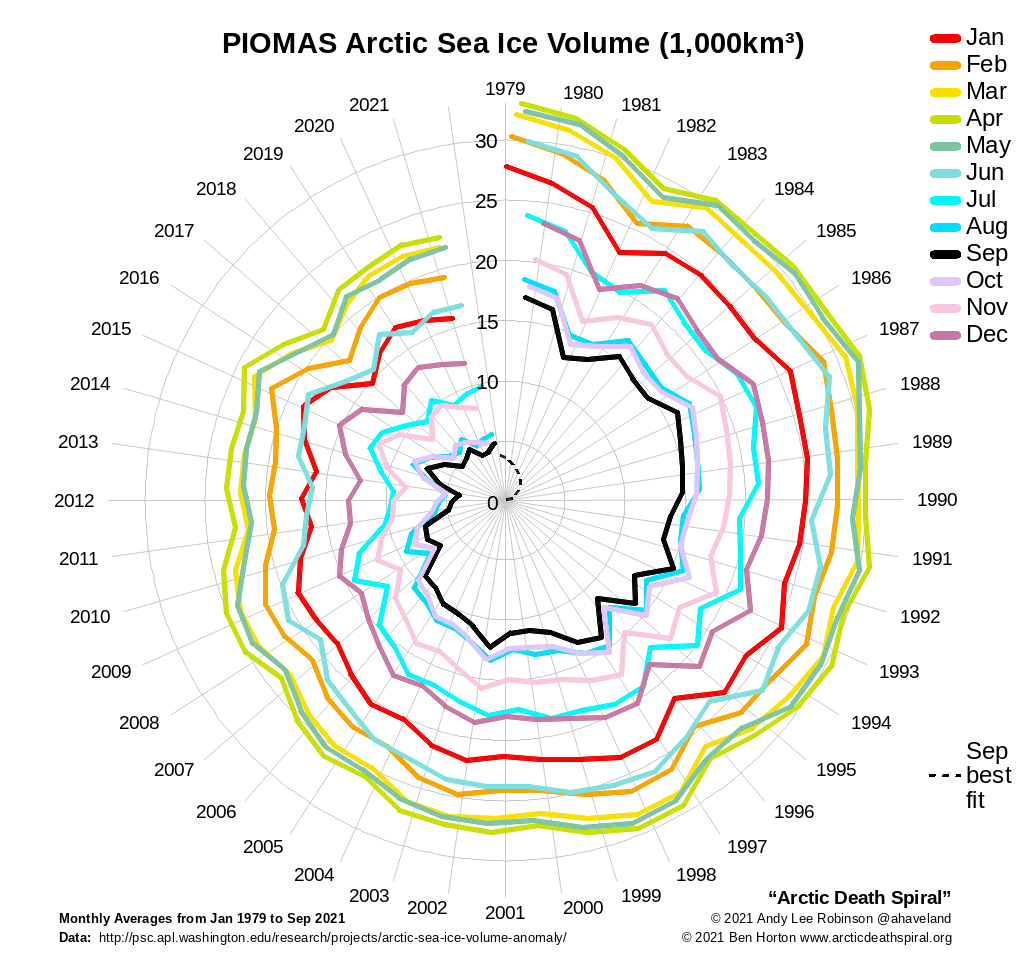
For an 'uplifting' ?? - well at least entertaining perspective on the Australian Government response, head to Juice Media's Net Zero by 2050 Honest Government Ad (strong language warning):

Peter Carter's excellent video summary concerning the crossing of several climate tipping points suggests that runaway global heating may well be a more appropriate term for what we face than my more conservative term 'baked-in'.
Peter Wadham's Farewell to Ice - a book I read with great relief - an excellent discussion of the Arctic that cuts through much of the bulldust about our climate prospects.
Similarly, David Wallace-Wells Uninhabitable Earth is an accessible read that tells it like it is. Perhaps the best place to start.
Subscribe to thisnannuplife.net FOR FREE to join the conversation.
Already a member? Just enter your email below to get your log in link.